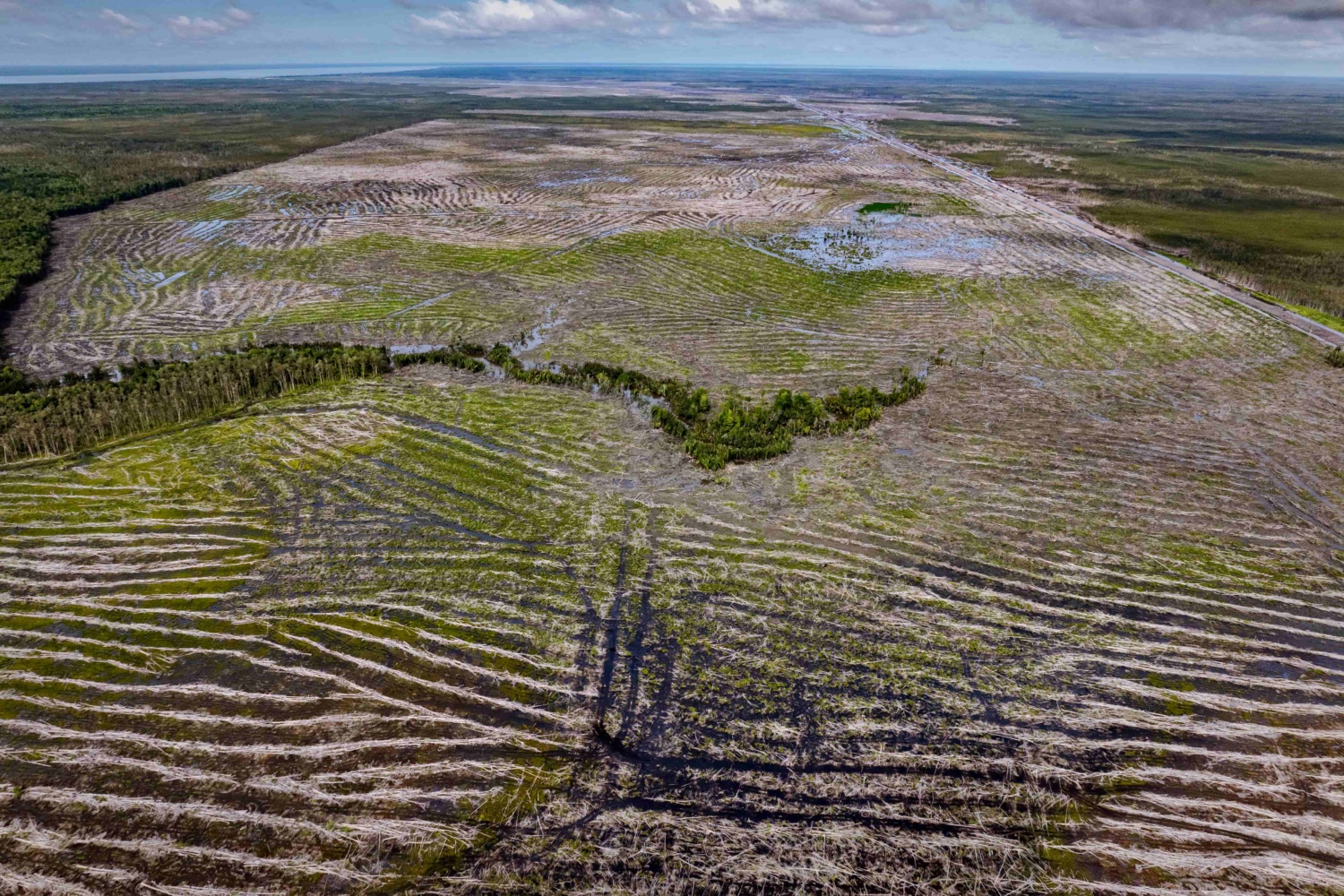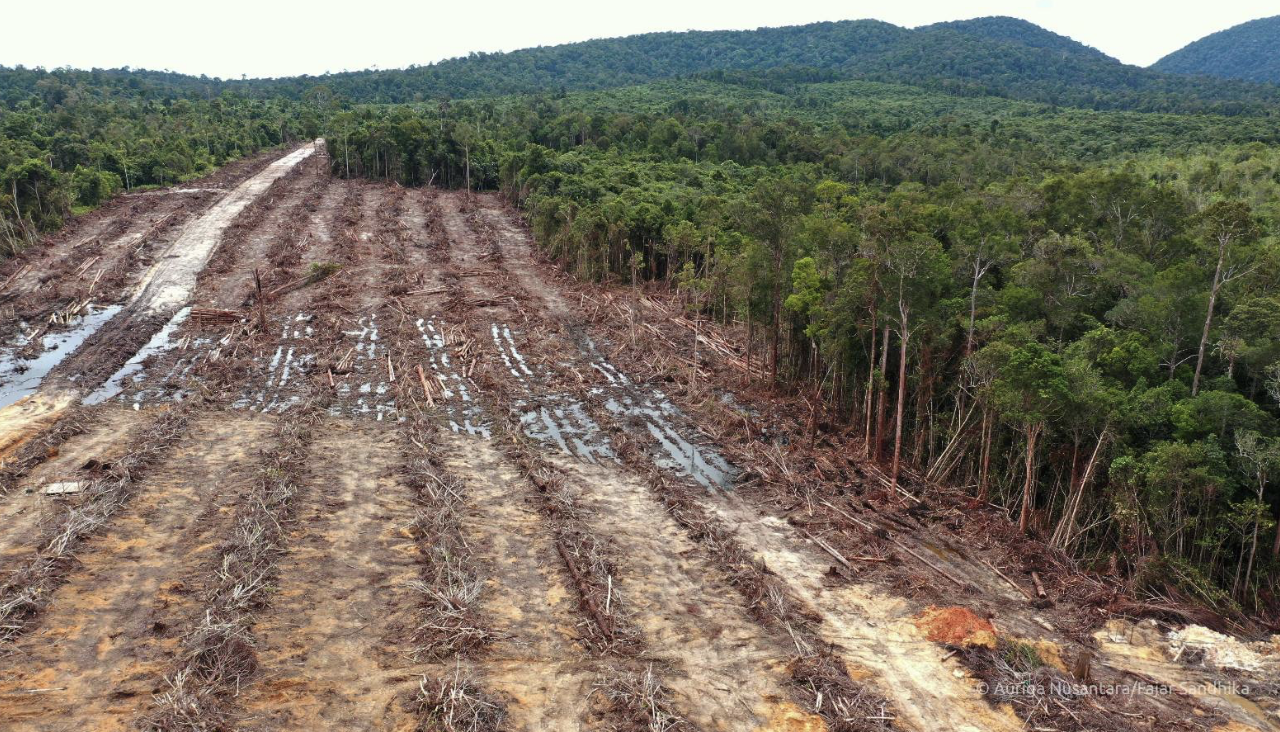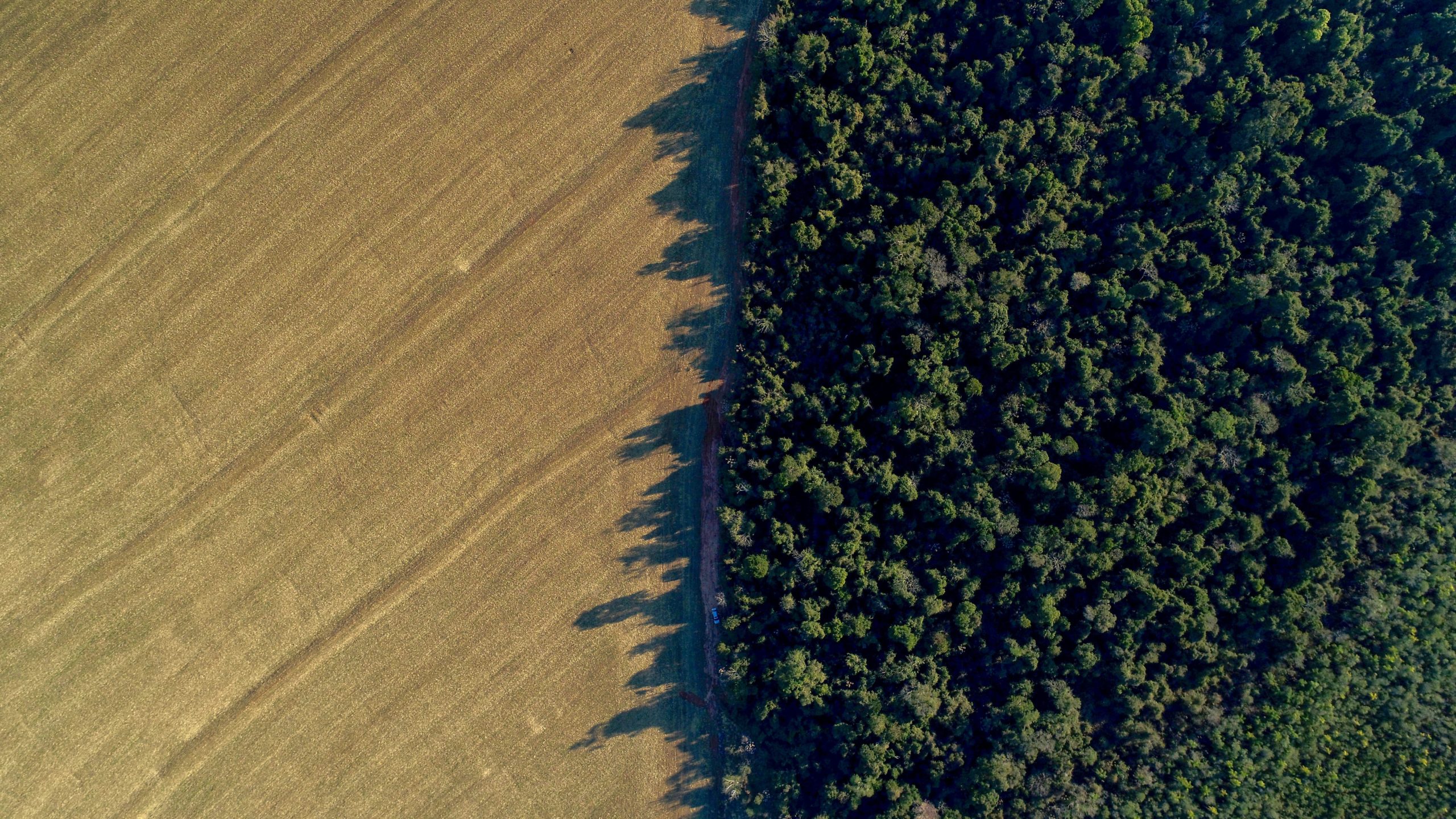
Military Force Behind Food and Energy Estates
Photo credit: Ulet Infasasti/Gecko
Shocking report from the world’s largest deforestation project: Indonesia’s Ministry of Defense has deployed elite combat battalions to operate bulldozers and spray pesticides on the “world’s largest deforestation project,” the 7 million acre Food and Energy Estates. On the one hand, there’s a tragicomedy to elite soldiers battling trees and insects and tree kangaroos instead of doing the work they signed up to do of defending their country. The absurdity of their assignment is clearly recognized by the troops’ giggly TikTok videos as they’re walking commando style up and down crop rows with pesticide guns instead of real arms. This report also puts on display the enormous challenges and waste this project faces on its own terms. The military isn’t needed on projects that are commercially viable by themselves. The private sector is eager to plunge its capital and know-how into projects that will succeed and have a market. Indeed, it has managed to boost Indonesia’s agricultural commodity production more than half while virtually eliminating deforestation. Indonesia and other countries have a long history of state agricultural projects failing.
Indeed, a previous iteration of the food estates project destroyed thousands of acres of forest to plant cassava amidst orangutan habitat in Borneo. It ended up with thousands of acres of destroyed forests – and just wilted cassava leaves to replace them. The ex-Mega Rice projected similarly laid waste to some of the planet’s most carbon-rich peatland forest – and left them to burn every year afterwards – without creating food. Indonesia itself has shown it doesn’t need to bulldoze forests or poison its natural wonders and communities with pesticides to succeed economically. Its agriculture sector has boomed precisely by eliminating deforestation and channeling development onto the country’s 30 million acres of degraded lands. It is this success that has attracted investment into what is increasingly being seen as a climate and Nature superpower. This sustainable economy seems to be what the Prabowo administration wants to build, but is being undermined and side-tracked by a single, if massive, outdated development project. Indonesia can continue its agricultural boom or it can revert to deforestation, but it cannot do both.
Congratulations The Gecko Project on this excellent report. It’s an opportunity for a reset, and we stand ready to help government and private sector rechannel this project to a success for food, economy, and security.


